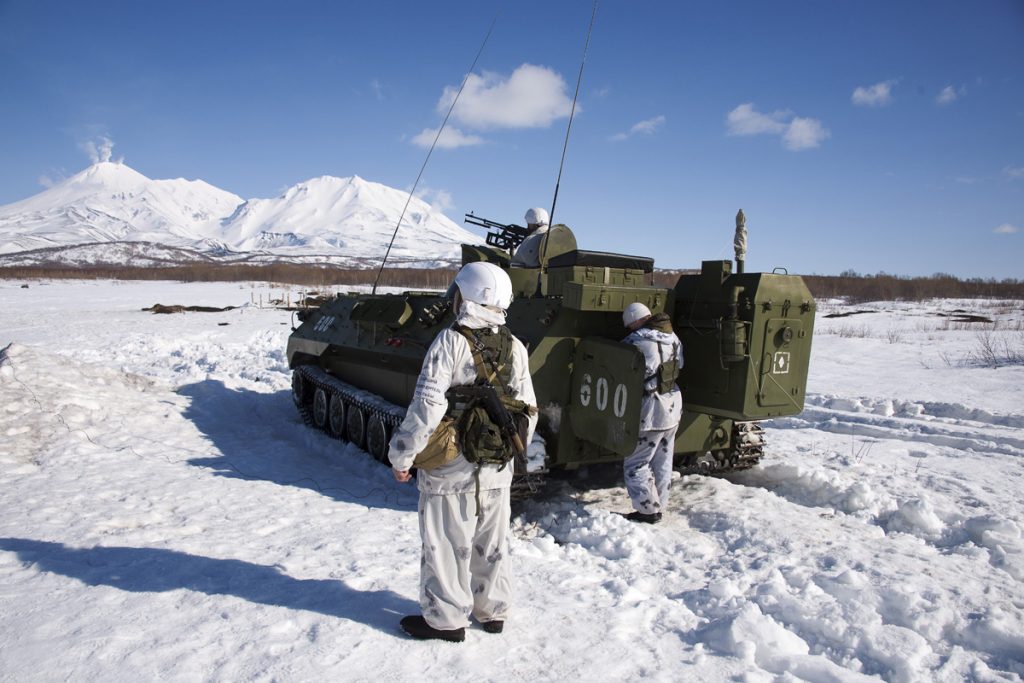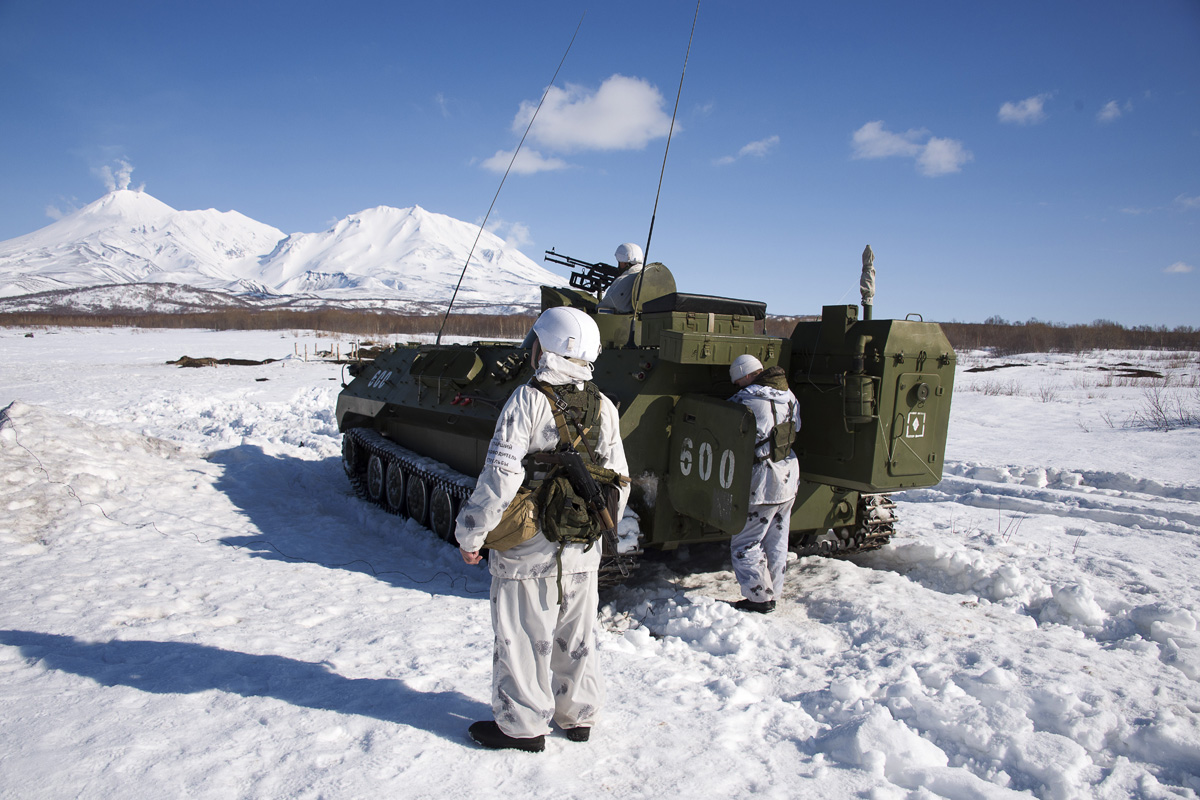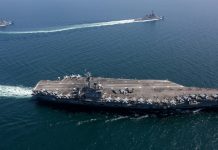
On January 9th, the Russian Ministry of Defense officially announced the deployment of military marine engineers to the Arctic, signifying the commencement of practical field training in the Far North and Arctic regions by the Northern Fleet’s independent Marine Engineer Regiment in 2024. The focus of this training involved supporting the movement of motorized rifle units in the challenging Arctic conditions.
A specialized group within the movement support detachment, tasked with reconnaissance and demining, was assigned to detect and neutralize both open and anti-personnel mines along the travel route. These servicemen executed their missions using specifically designed reconnaissance and demining equipment.
This training initiative underscores the heightened strategic importance of the Arctic in Russia’s defense strategy for 2024. The engagement of the Marine Engineer Regiment highlights a particular emphasis on demining operations, marking the third consecutive military demonstration by Russia in the Arctic within the first nine days of the year.
It is worth noting that Moscow, as reported by BulgarianMilitary.com on January 6th, had previously announced plans to maintain long-range bombers in flight over the Arctic. In 2024, the Russian Ministry of Defense expressed its intention to leverage the aviation assets of the Northern Fleet for monitoring operations in the Atlantic and Arctic Oceans.
In a recent press release, the military branch of the Ministry disclosed, “The pilots of our Northern Fleet’s extended-range Tu-142 anti-submarine aircraft will continue their frequent flights in essential operation zones across the Arctic and Atlantic Oceans.” This mission is set to be a primary focus for the aircraft crews in the upcoming year, as confirmed by the Russian military.
Notably, the Tu-142 anti-submarine aircraft crews demonstrated unwavering dedication in the previous year by conducting numerous missions over international airspace in the Arctic and Atlantic Oceans.
Additionally, on January 5th, Russia initiated mock warfare drills involving its submarine fleet from the Baltic Fleet, scheduled for 2024. These exercises primarily target the enhancement of skills in Arctic ice navigation for the nuclear submarines of the Russian Northern Fleet. The curriculum includes a comprehensive mix of theoretical and hands-on training, as outlined by insiders quoting the fleet’s press service.
The Defense Ministry of the Russian Federation has officially confirmed the scheduling of practical and theoretical drills during the winter season of 2024. The press bulletin emphasized that the submariners of the Northern Fleet will prioritize mastering under-ice navigation as a key objective for the year.
The strategic significance of the Arctic region for Russia is multifaceted. It functions as a natural fortification, providing a level of defense against potential threats. The harsh and challenging climate of the Arctic serves as a deterrent, creating intrinsic protection by posing substantial navigation difficulties.
The Arctic is a crucial base for a substantial portion of Russia’s nuclear deterrent forces. Specifically, the Northern Fleet houses nuclear submarines in the Arctic, capable of launching intercontinental ballistic missiles. The remote Arctic location of these submarines enhances their strategic safety by making detection and access challenging.
Moreover, the Arctic provides Russia with a strategic vantage point for overseeing the Northern Sea Route (NSR). The increasing significance of this maritime route, driven by climate change and the melting of Arctic ice, introduces new shipping channels. Controlling the NSR not only brings economic benefits but also strategic advantages.
In conclusion, the Arctic region is rich in natural resources such as oil, gas, and minerals, which are integral to Russia’s economy. Defending these valuable commodities is not just a matter of economic security but also a strategic imperative for Russia.





